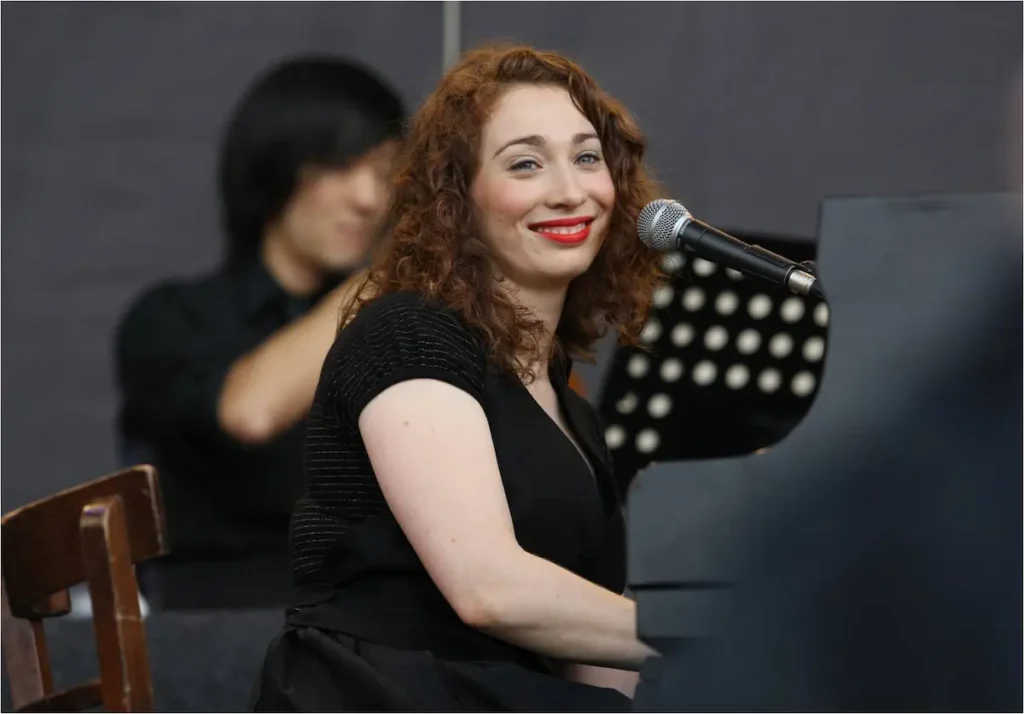The story of Regina Spektor is more than just the path of a musician. It’s about how roots can become a superpower. Moving to New York as a child, she could have easily forgotten Russian. Instead, the language gave her art a unique voice.
Regina Spektor was born and raised in Moscow’s Vykhino district. At the age of 9 and a half, she and her family immigrated to New York.
“Nine and a half,” Regina emphasizes in an interview. “That half is important. I vividly remember Moscow, and summers in Pärnu, Estonia. Our home was filled with music — concerts, ballet, opera, and classical recordings. My father even brought home rare foreign records. And of course, we listened to Russian bards with their simple melodies but deep, philosophical lyrics.”
In New York, Regina studied at the Conservatory, recorded her first album at a college studio, and performed in cafés and restaurants. One day, she caught the attention of a producer from The Strokes. Soon after, she signed with a Warner Music subsidiary and released an album that reached the top of the Billboard “Most Promising New Artists” chart.
Her career quickly took off: she performed at the White House for the U.S. President, her songs appeared in Hollywood soundtracks, she played at major music festivals, and even gave a solo concert at London’s legendary Royal Albert Hall.
And yet, Regina never forgot her roots . She sang in Russian, setting to music the poems of Pasternak and Okudzhava. When asked about her favorite writers, she named Chekhov, Tolstoy, and Bulgakov.

Why are we sharing Regina Spektor’s story?
Because her journey reminds us that language is more than just words . It is:
- a bridge to the culture of one’s ancestors, even thousands of miles from home;
- a source of confidence, as knowing your roots helps children form their identity;
- a creative resource, since the bilingual mind sees the world in new and original ways.
By preserving your child’s Russian language, you give them a powerful advantage in life — and invest in their future success.






